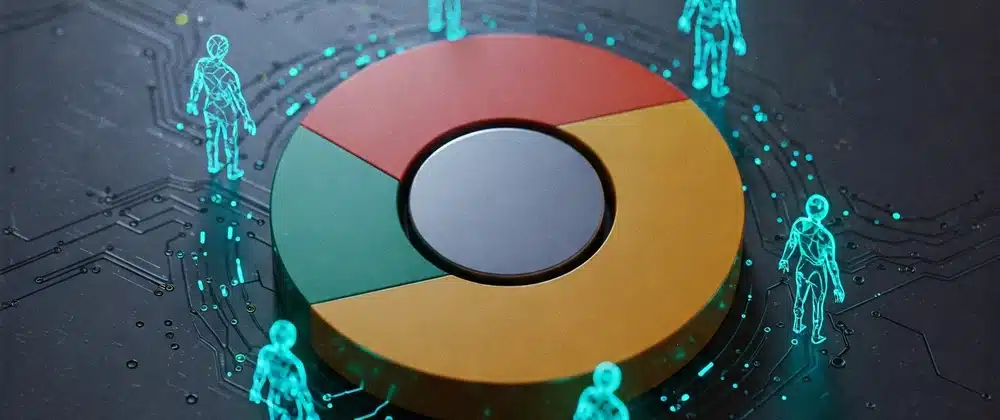Google Dev Tools Manager Optimizes AI Coding

As artificial intelligence continues to reshape the landscape of software development, Ryan Salva, Google’s project manager for developer tools, is at the forefront of this transformation. With a background at GitHub and Microsoft, Salva oversees tools like Gemini CLI and Gemini Code Assist, which are designed to enhance the coding experience. Recently, his team released a report detailing how developers are currently utilizing AI tools and the challenges that remain in this evolving field.
Insights from the Latest Developer Trends Report
Google conducts an annual survey to track developer trends, but this year’s report places a significant emphasis on the integration of AI tools in programming. One of the standout findings was the median date when developers began using AI tools, which was identified as April 2024. This timing coincides with the release of advanced AI models such as Claude 3 and Gemini 2.5, marking a pivotal moment in the evolution of coding practices. Salva noted that the emergence of reasoning models has greatly improved the ability of AI to assist in coding tasks. Developers now require tools that can leverage external information for problem-solving, including compiling code and running tests. This capability allows AI models to self-correct as they progress through coding tasks, enhancing their effectiveness.
Salva’s Personal Experience with AI Coding Tools
In his personal coding endeavors, Salva primarily engages in hobby projects, utilizing command line-based tools like Gemini CLI. He also incorporates various integrated development environments (IDEs) such as Zed, VS Code, Cursor, and Windsurf to explore the evolving landscape of software development. On the professional front, Salva relies on AI tools to streamline the creation of specification and requirements documents. He explained that development tasks often begin with an under-specified issue, which he addresses by using Gemini CLI to generate a comprehensive requirements document in Markdown format. This document typically consists of around 100 lines of technical specifications that guide the coding process.
Salva elaborated on how he employs Gemini CLI to write code based on the specifications and team preferences outlined in various documents. As the AI tool troubleshoots and progresses through tasks, it updates the requirements document, creating a detailed record of changes and commits in the repository. He estimates that 70% to 80% of his work involves using natural language in the terminal to craft requirements, with Gemini CLI handling the majority of the coding, which he then reviews in his chosen IDE.
The Future of Software Development
Salva reflected on the future of coding and the role of integrated development environments. While IDEs have traditionally been the central hub for software development, he anticipates a gradual shift towards spending more time on requirements and less time in IDEs. This transition may unfold over an extended period, as developers adapt to new methodologies. Concerns about the implications of this shift for the software development profession are prevalent. Salva believes that the role of developers will evolve to resemble that of architects, focusing on breaking down complex problems into manageable tasks rather than writing raw code. This perspective suggests that while the tools and processes may change, the need for skilled developers will remain essential in navigating the complexities of software creation.
Observer Voice is the one stop site for National, International news, Sports, Editor’s Choice, Art/culture contents, Quotes and much more. We also cover historical contents. Historical contents includes World History, Indian History, and what happened today. The website also covers Entertainment across the India and World.
Follow Us on Twitter, Instagram, Facebook, & LinkedIn

